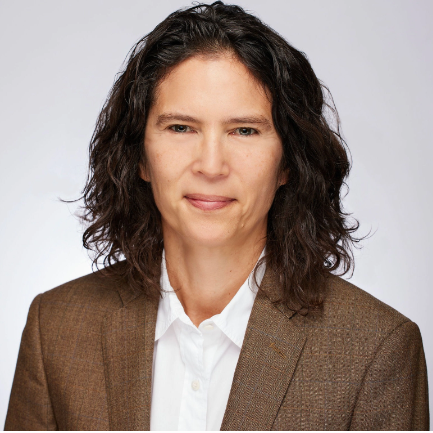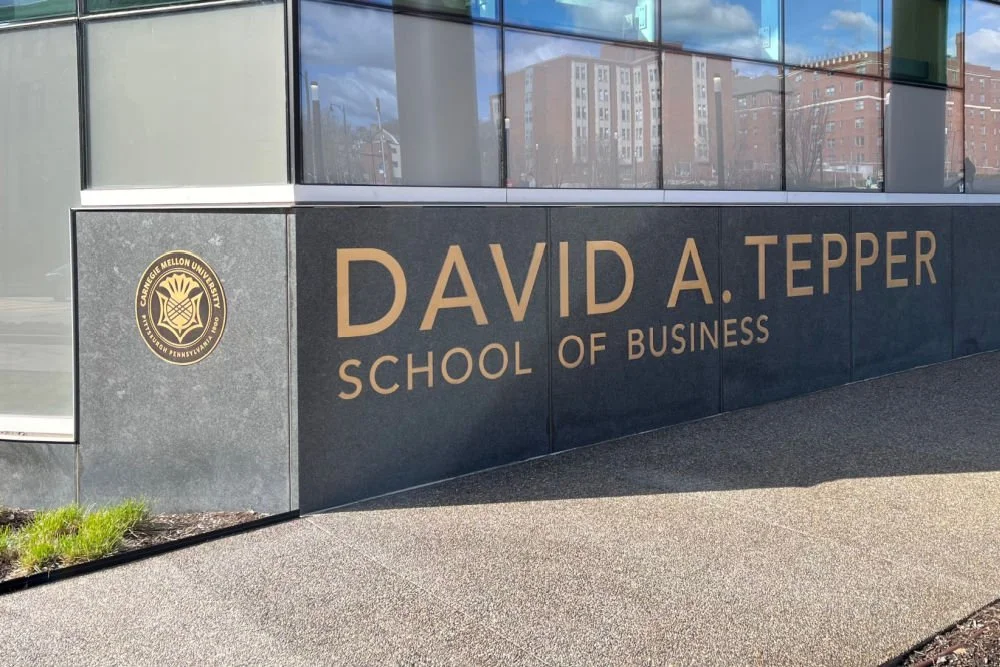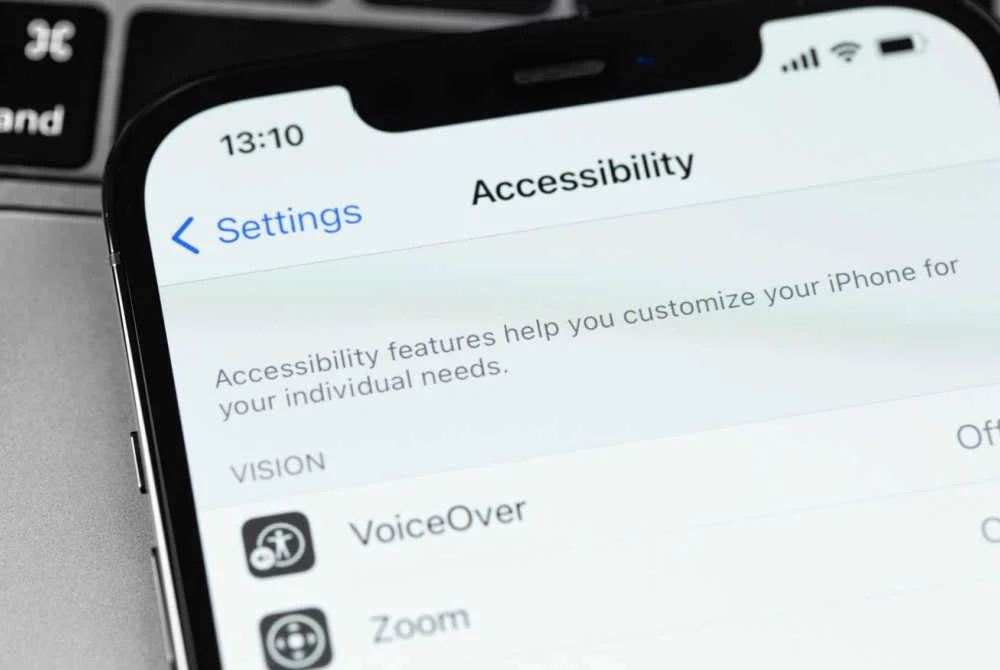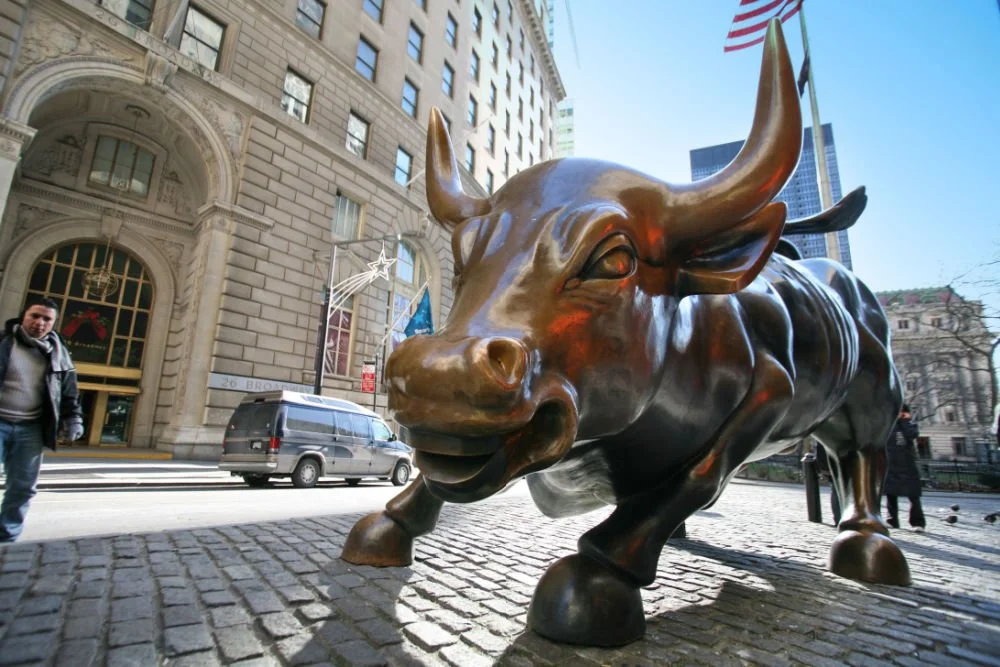City By City: Behind a Partnership Effort to Get Disconnected Youth Hired
/photo: Sorbis/shutterstock
The economy may be doing well, but a persistent problem lies behind those buoyant national employment statistics. Many people who could work, youth in particular, aren’t doing so. Many of those young people aren’t attending school, either. A recent estimate pegged the number of so-called disconnected youth in America at 4.9 million, aged 16 to 24. While that total has certainly fallen since the Great Recession, it’s still an uncomfortable reality and a concentrated issue in major cities.
That’s one reason why a broad coalition of corporations have gone city-by-city with the 100,000 Opportunities Initiative, a nationwide effort to improve employment for disconnected youth, re-dubbed “opportunity youth.” The initiative revolves around local job and resource fairs catering to thousands of attendees. The cities of Chicago, Los Angeles, Phoenix, Seattle, Dallas and Washington, D.C. have already held fairs since things got underway in 2015. Atlanta is next up on the list, in May.
As we’ve reported, philanthropy is a part of this endeavor, and one figure stands out. Starbucks founder and executive chairman Howard Schultz has spearheaded 100,000 Opportunities, leveraging his company’s role as a major employer of young people. Through his Schultz Family Foundation, the billionaire has funded the initiative’s activities in each successive city. Along with the regionally-focused Arthur M. Blank Family Foundation and the Rockefeller Foundation, Schultz is a prime philanthropic backer for the upcoming fair in Atlanta.
Related: Behind a Big Push on Youth Jobs: A Rising Philanthropist and New Approach to Equity
But the employers themselves are the star players, here, and Starbucks is only one of more than 50 companies hiring young people through 100,000 Opportunities. The list includes many of the retail powerhouses you’d expect, including Target, Walmart, Taco Bell, CVS Health and Macy’s. Lyft and Uber are involved, as well as Microsoft, FedEx, and a variety of leading restaurant and hospitality brands. JPMorgan Chase is also part of the push—hardly surprising considering the bank’s ever-growing youth and workforce philanthropy.
So far, the initiative’s modus operandi in each city has been consistent. Working with city government, 100,000 Opportunities brings thousands of youth together with hiring managers at a central location. United Ways and community organizations are enlisted to bring folks in and provide supplementary services. Big firms get labor, and disconnected youth get jobs.
On both the regional and national levels, the initiative casts a wide net. The Aspen Institute, via its Opportunity Youth Incentive Fund, served as an important intermediary early on. The Rockefeller Foundation and the Silicon Valley Community Foundation have worked together to support the effort. And funders like the Kellogg Foundation, the Joyce Foundation, the Conrad N. Hilton Foundation, and Prudential have also pitched in.
Having surpassed its initial goal of—guess how many—youth hires in its first year, 100,000 Opportunities is aiming for 1 million hires by 2021. Whether that goal proves realistic will depend on the strength of the U.S. economy, which has created some of the tightest labor markets in years. Right now, though, there's a lot of momentum around efforts to connect disadvantaged young people to work. It's a practical way to tackle some of the racial and economic inequities that have garnered so much attention lately—one that draws in corporate funders and big progressive foundations alike.
Howard Schultz's prominent role is intriguing, given speculation that he might run for president. This initiative underscores Schultz's commitment to inclusive economic growth, a theme he's talked about often as a business leader, and one that would certainly be a centerpiece of any presidential campaign. Quite apart from that prospect, Schultz and his family are still pretty new players in big-league philanthropy, tapping a fortune now estimated at $2.8 billion.
Related: Behind a Push on Youth Jobs: A Rising Philanthropist and New Approach to Equity
In addition to its giving for opportunity youth, the Schultz Family Foundation has a substantial veterans program and is interested in addressing homelessness, particularly in Starbucks’ home state of Washington. With a rags-to-riches background, Schultz is also a foil for Donald Trump, whom he has criticized harshly. As the coffee mogul mulls a 2020 presidential run, his giving this year could provide a clue to his intentions.
While 100,000 Opportunities is enjoying a good run, there are ironies, here. Schultz himself may lean progressive, but a Starbucks barista hardly tops the list of what kids want to be when they grow up. The same goes for jobs at many of the service sector giants on 100,000 Opportunities’ roster. Until they offer better hours, better wages, better benefits, and opportunities for real advancement, young people may shy away from what they see as dead-end jobs.
On a more hopeful note, corporate philanthropy has shown great interest lately in filling so-called middle-skill positions that often come with higher pay and better stability. Because these plentiful positions often require more than a high school diploma, but not necessarily a bachelor’s degree, companies like Google, Microsoft, JPMorgan Chase and LinkedIn have backed projects to close the gap.
Related:







































